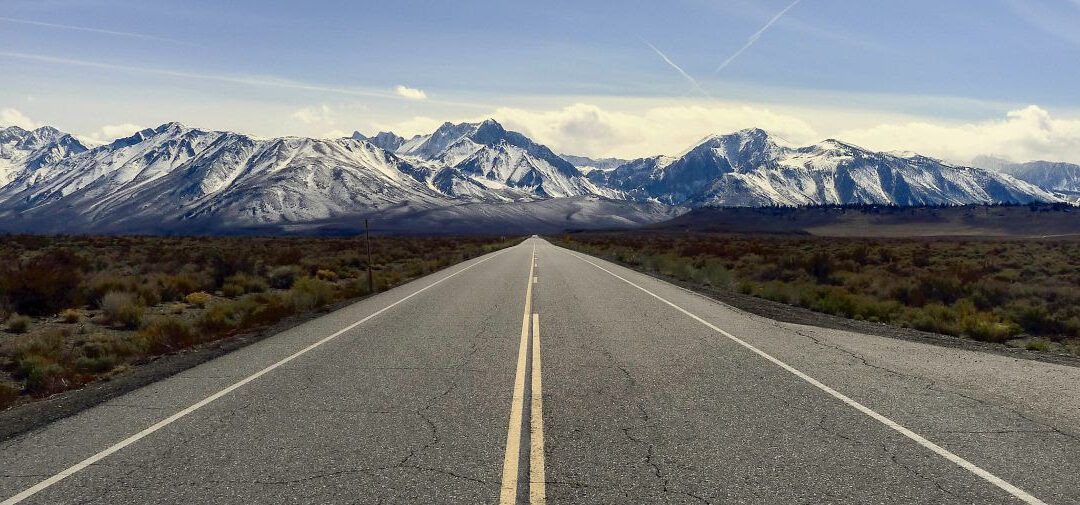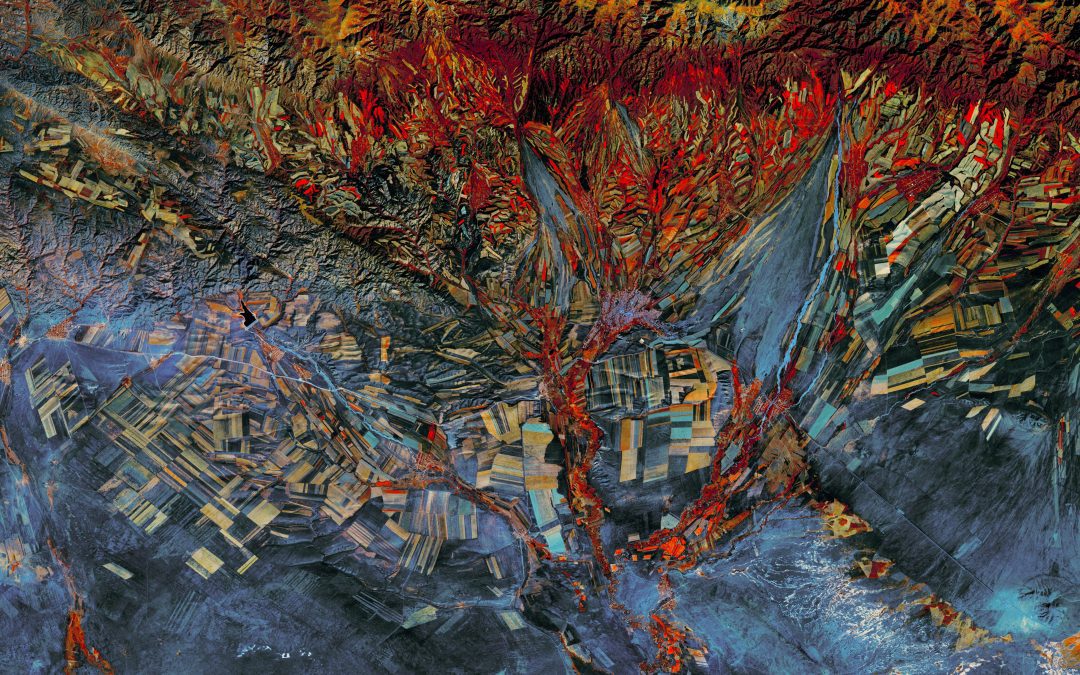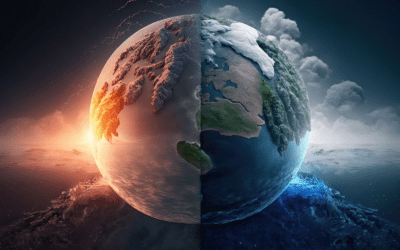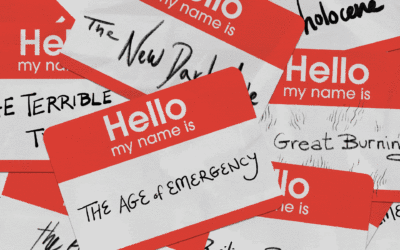In the New School at Commonweal video, Host Michael Lerner joins Commonweal board member Katherine Fulton in conversation with Graham Leicester, who has pioneered new ways to navigate and even thrive in this complex era.
A year in crises
by Tim Sahay in Phenomenal World…https://www.phenomenalworld.org/analysis/a-year-in-crises.
The terrible twenties? The assholocene? What to call our chaotic era
by Kyle Chayka in The New Yorker…There is something paradoxical about pinning a name on an age characterized by extreme uncertainty. But that hasn’t stopped people from trying.
Nate Hagen’s end of year look at 2024
by Eric Lee in Medicum.com….So I’m not going to apologize that the following short reflection is is on the dark side. I’m trying to describe what ’24 may look like. And there’s a lot of things that are converging.
Why so much is going wrong at the same time
By Thomas Homer-Dixon on The Cascade Institute…Most obviously, given that Earth’s worsening energy imbalance seems to be emerging as the single most powerful driver of crises across multiple ecological, economic, and social systems, humanity needs to cut greenhouse gas emissions to near zero as fast as possible. Realistically, though, we won’t cut them deeply enough soon enough to keep the imbalance from having devastating impacts, not least on the world’s food supply.
Beneath the polycrisis is the singular dilemma of humanity called capitalism: the thirty-seventh newsletter (2023)
by Vijay in Tricontinental….Dilemmas of humanity abound. There is little need to look at statistical data to know that we are in a spiral of crises, from the environmental and climate crisis to the crises of poverty and hunger.
More in this category

The end of the world as we have known it? An introduction to Collapsology
It is hoped that in the end there will emerge a more informed pastoral theology and, by extension, a more informed pastoral and spiritual care, guided by the findings of climate science.

The Long View October Digest
Stanley Wu’s monthly Long View Digest curates the best work we find from around the world on the interconnected and interacting stressors of the global polycrisis.
This month, Stan reviews articles on the death of empire, collapsology, climate-driven mass migration, how AI invented 40,000 lethal molecules in six hours, Sri Lanka’s collapse, Australia’s decline, the Rhine drying up, and the poetic art of living in a time between worlds. He’s also found a beautiful new book that brings together Indigenous voices writing about climate change.

How do you know if you’re living through the death of an empire?
It’s natural that we expect the end of a story—the end of an empire—to have some drama. The reality is far less exciting.
Rescue: From global crisis to a better world with Ian Goldin
Despite acknowledging that the global system is broken, Ian is positive about its potential.

Ministry of the Future
Author Kim Stanley Robinson discusses his latest book, “Ministry for the Future.”
Underestimating the challenges of avoiding a ghastly future
An international group of 17 leading physical and social scientists, including Omega Advisory Board member Joan Diamond, have produced a comprehensive yet concise assessment of the state of civilization, warning that the outlook is more dire and dangerous than is generally understood.

Underestimating the challenges of avoiding a ghastly future
An international group of 17 leading physical and social scientists, including OMEGA Advisory Board member Joan Diamond, have produced a comprehensive yet concise assessment of the state of civilization, warning that the outlook is more dire and dangerous than is generally understood.
Systemic risks & the four dilemmas of our time
Dr. Gary Kendall presents and discusses thought-provoking perspectives on why our collective reluctance to reconceptualize paradigms commits us to a future of growing systemic risk.

We’re living in a global polycrisis: It’s time to build resiliency
Transport stalls and stores are not restocked. An already overstrained health system drops more services. The science points to more of these breakdowns – and, let’s be clear, there is no credible dissent to the science. In this light, isn’t it time to prepare for it “just in case”?

Notes from a 1.2C world: Thoughts stimulated by the “Underestimating he Challenges of Avoiding a Ghastly Future” paper
Laurie Laybourn-Langton’s response to the paper The Underestimating the Challenges of Avoiding a Ghastly Future paper.
The human predicament in 2020: Interacting global crises and the new normal
Many fear that a broader systems collapse could be a plausible scenario. Given what we know, how do we respond?

Navigating a path between fantasy & doom
In this Omega Conversation, Omega founder Michael Lerner is joined by Nate Hagens.

Are we in the omega phase of the adaptive cycle?
Thomas Homer Dixon addresses the Upside of Down, his forthcoming book Commanding Hope, and the Cascade Institute.

The Dog Stars
By Peter Heller Hig’s wife is gone, his friends are dead, and he lives in the hangar of a small abandoned airport with his dog, Jasper, and a mercurial, gun-toting misanthrope named Bangley.But when a random transmission beams through the radio of his 1956 Cessna, the...
Nate Hagens: The human predicament
Nate Hagens addresses the environmental impact of the current economical model and possible solutions.




